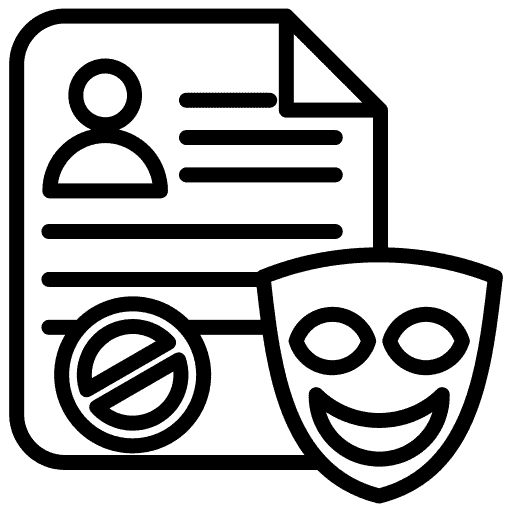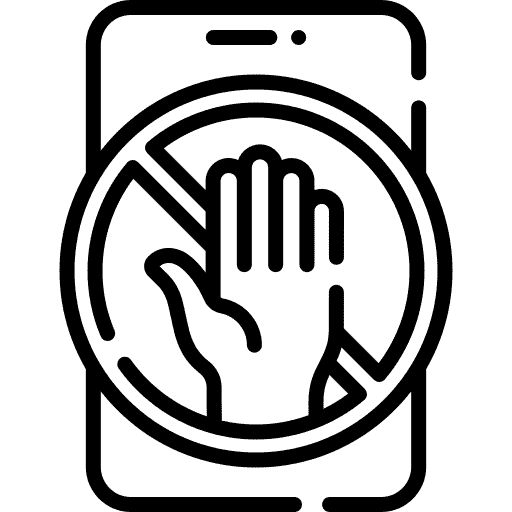FDCPA Laws
Understanding Your Rights Under the Fair Debt Collection Practices Act (FDCPA)
Your Rights Matter: Protecting Yourself from Unfair Debt Collection Practices
At Consumer Rights Law Firm PLLC, we are dedicated to helping consumers understand and enforce their rights under the Fair Debt Collection Practices Act (FDCPA). This federal law protects individuals from unfair, deceptive, and abusive debt collection tactics. If a debt collector has violated your rights, you may be entitled to take legal action.
What Debt Collectors Are Prohibited from Doing Under the FDCPA

Misrepresenting the Amount You Owe
Debt collectors cannot inflate the amount of your debt by adding unauthorized interest, fees, or charges that were not part of your original credit agreement. They must provide accurate and honest information about the debt balance.


Harassing You with Repeated or Excessive Calls
The FDCPA considers it harassment for a debt collector to call you excessively, including making more than seven calls per day or calling you repeatedly in an attempt to pressure you into payment.


Using Abusive or Threatening Language
Debt collectors are prohibited from using obscene, profane, or aggressive language when speaking with you. They cannot demean, threaten, or intimidate you in any way during their collection efforts.


Calling at Unreasonable Hours
Debt collectors are not allowed to contact you before 8:00 AM or after 9:00 PM in your local time zone. If a collector calls you outside of these hours, it may be considered a violation of your rights.


Calling You at Inconvenient Times or Places
If you inform a collector that you cannot receive calls at work or another specific location, they must stop contacting you there. Continuing to call after receiving such notice is a violation of the FDCPA.


Making False or Threatening Statements
Debt collectors cannot threaten to take legal action, garnish wages, or seize property unless they actually intend to do so and have the legal authority to carry out these actions. Similarly, they cannot falsely claim that you could be arrested or prosecuted for non-payment.


Discussing Your Debt with Unauthorized Third Parties
Collectors are restricted from sharing information about your debt with others. The only individuals they can legally discuss your debt with include:
- Your original creditor
- Your attorney
- The creditor’s attorney
- A credit reporting agency
- Your spouse, co-signer, or parent (if you are under 18)


Contacting Third Parties Excessively
While a collector may reach out to a third party (such as a friend or relative) to confirm your location, they can only do so once unless they believe prior information was incorrect.


Failing to Provide a Written Debt Validation Notice
Within five days of their first contact with you, debt collectors must send a written notice that includes:
- The amount of the debt
- The name of the original creditor
- Your right to dispute the debt within 30 days


Ignoring Your Request to Validate the Debt
If you dispute a debt in writing within 30 days of receiving the validation notice, the collector must cease all collection efforts until they provide proof that the debt is valid.


Continuing Collection Efforts Without Verification
If you request debt verification, the collector must stop all collection activity until they provide you with sufficient documentation confirming the debt belongs to you.


Failing to Honor a Cease and Desist Request
If you send a written request instructing a debt collector to stop contacting you (a cease-and-desist letter), they can only reach out once more to:
- Confirm they received your request and will no longer contact you
- Inform you of specific legal actions they intend to take
Your Right to Dispute a Debt
Debt collectors must notify you of your right to dispute a debt. If you believe a debt is inaccurate or not yours, you have the right to request verification in writing. During this time, all collection attempts must be paused until the debt is validated.
![]()
![]()
Take Action to Protect Yourself
The FDCPA exists to protect you from unfair debt collection practices. If you believe your rights have been violated, you may be entitled to financial compensation.


Why Choose Consumer Rights Law Firm PLLC?
Over 14 years of experience fighting unfair debt collection practices
No legal fees for you – The collection agency pays attorney fees under the FDCPA
Dedicated to protecting your rights and stopping debt harassment
Contact Us Today for a Free Case Evaluation



